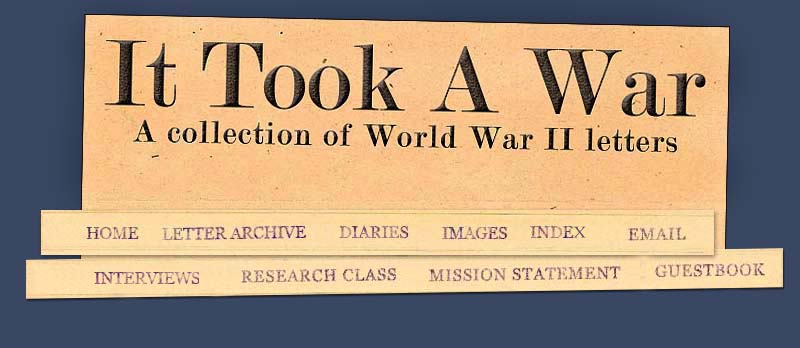Del Bordner Interview
Those trucks were used to put pontoon bridges across rivers. This was my mortar squad. I picked all of these fellas up in December just before the Battle of the Bulge because I had lost my entire squad. Some were killed, one had battle fatigue and there was a lot of trench foot.
William Gillam Interview
In Belgium. We just started the drive to cut the Bulge in two again and we were gonna meet some of Patton’s boys coming up from the South. It only lasted about an hour. So, I left them.
Paul Jones Interview
His mother gave birth to six children: five boys and one girl. Three of the boys died at very young ages of disease. Gladys, born in 1923, and David, born in1925 were his two surviving siblings. David later died of leukemia, shortly after he returned from World War II where he fought in the Battle of the Bulge.
Harry Marek Interview
Our regiment had been on R & R, (rest and relaxation), in Belgium, when it was cut short because of the Battle of the Bulge. They were sent back to France where I joined them. There were about forty of us from the hospital going back to our platoons or squadrons.
John McAuliffe Interview
So after the basic training they gave us a few weeks furlough. I went back home to Massachusetts and I was reading the newspapers, and I was reading the troubles and the situation of our troops in Europe. December came and the headlines were that the German Nazis turned about and they were in the Battle of the Bulge. The Americans were pushed back and it kind of scared me because I knew I was going overseas.
Dee Paris Interview
And they had a good cavalry spirit the spirit of getting through and charging. Well that was It. Our first action with the 9th Armor division in Europe was during the battle of the bulge. We were sent. There are three combat commands in the division and each one of these had a battalion of tanks a battalion of infantry a battalion of artillery, which are the combat arms, and they had support by recon, engineers and signal and other people, medics and so on. So you’re complete within yourself.
Fred Werrell Interview
The Battle of the Bulge started as the German Army broke through the American lines and began an offensive in Belgium. Our group left Kentucky seven months early because we were needed to help push the Germans back into Germany. We got on a British ship, to go over, that held 10,000 soldiers. All of our equipment was in the bottom of the ship. There were 600,000 soldiers that fought in that battle.
Rose Young Interview
And it was all study and teaching and going to class ourselves. We had to go to school, [then] to work and teach somebody else that came in because all of these doctors came to us, so we were constantly busy. Not in maybe the standard, but when the Bulge came, we became a surgical unit, and they took all but twelve of the nurses out of there. But we were behind so I was there to experience that [time] we had the severely wounded [soldiers]. Before they took us out of there, they took the three soldiers that I had on my unit, and they took them out and buried them in the Catholic cemetery behind it and they had a Christian burial for them.
|
This site and its content are Copyright © 2006 Mathematics and Science High School at Clover Hill. Any reproduction, duplication or distribution of these materials in any form is expressly prohibited. Please read our Acceptable Use Policy for more information. If you have any questions or comments, please contact the webmaster.
|
|



